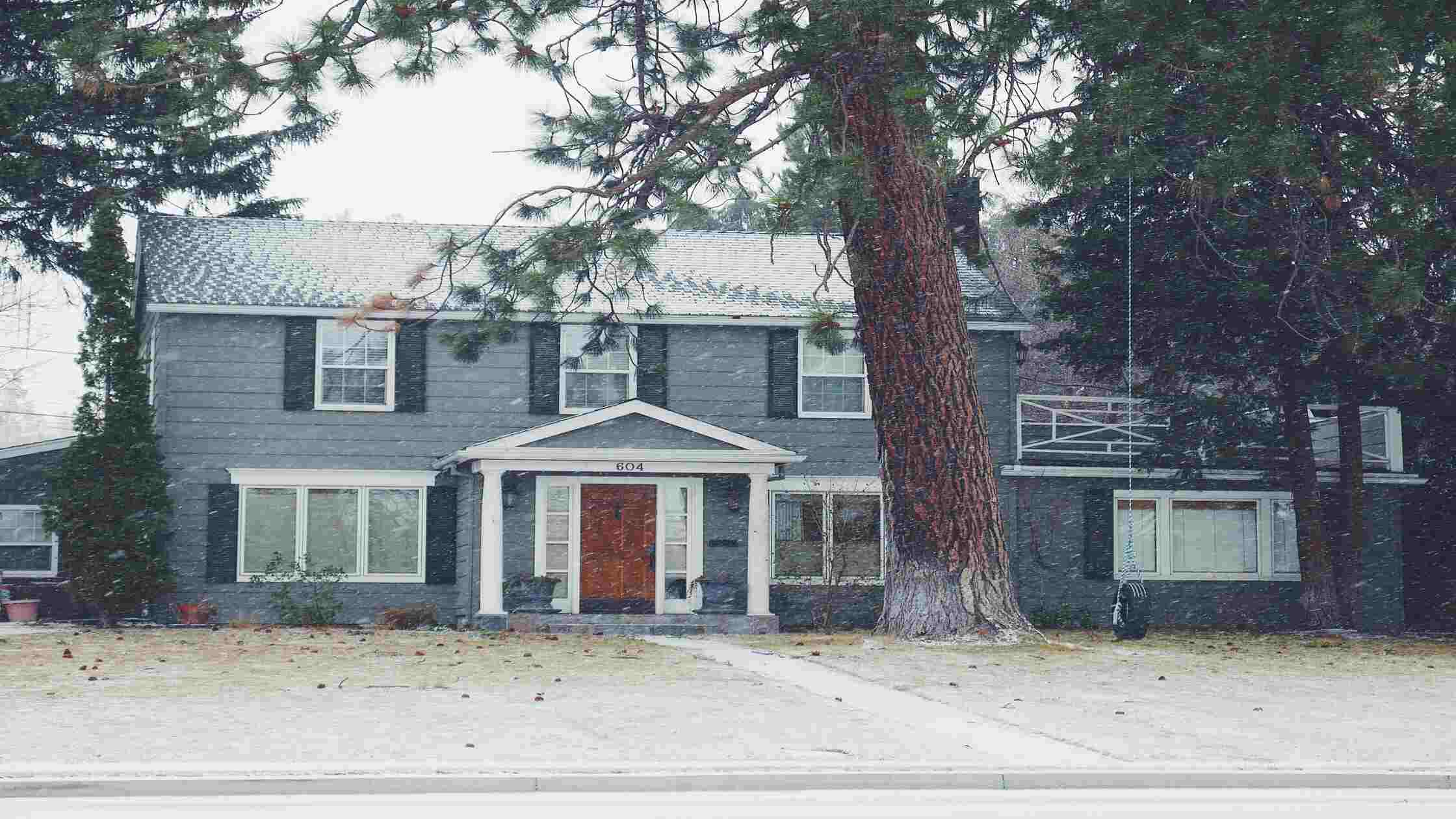Understanding Wisconsin squatter rights can be a daunting task, particularly for property owners who may not be well-versed in the nuances of state law. While these legal frameworks may seem complex, they play a crucial role in striking a balance between property ownership and its use.
This guide will cover the comprehensive squatter rights in Wisconsin, including adverse possession laws and proactive strategies to safeguard your property. Staying informed and following legal steps can help you maintain control over your assets.

Quick Facts About Renting And Wisconsin Squatter Rights Laws
What Are Squatter Rights in Wisconsin?
Squatter rights, or specifically Wisconsin squatter rights, refer to the legal protections granted to individuals who occupy property without the owner’s permission. While squatting is often confused with trespassing, Wisconsin law distinguishes between the two, particularly when it comes to adverse possession.
Squatting vs. Trespassing vs. Adverse Possession
What happens when someone occupies or enters a property they don’t own? When can they be protected and supported by Wisconsin squatter rights laws or the general state’s laws? The answer depends on whether it’s squatting, trespassing, or adverse possession—each with unique rules and consequences.
- Squatting: Occupying a property without permission but without malicious intent or breaking and entering.
- Trespassing: Entering property unlawfully with knowledge and intent, which is a criminal offense and not protected by Wisconsin squatter rights laws.
- Adverse Possession: A legal doctrine that allows a squatter to gain ownership of a property after meeting specific criteria over an extended period (20 years in Wisconsin).
What Are Some Highlights of The Trespassing Laws In Wisconsin?
Trespassing laws in Wisconsin prohibit entering land without permission, especially if it’s posted, fenced, or locked (Chapter 943 of Wisconsin Statue). Therefore, unauthorized entry into homes, buildings, or agricultural land in Wisconsin is illegal, which can lead to serious penalties, including fines or jail.
In Wisconsin, another form of illegal entry involves a landlord accessing a property without prior notice. For more information about Wisconsin landlord’s right of entry, read more in this article.
Wisconsin Adverse Possession Laws

Adverse possession is a central component of squatter laws in Wisconsin. Understanding this doctrine is key to protecting your property.
What Is Adverse Possession?
Adverse possession allows someone who openly and continuously occupies land without the owner’s permission to potentially gain legal ownership. This doctrine encourages productive land use while addressing absentee ownership.
Wisconsin Adverse Possession Statute: Timeframe & Exception
To establish ownership through adverse possession, occupants must continuously possess the property for a minimum of 20 years.
However, there are exceptions to this rule. If the squatter can demonstrate a color of title, indicating a defective claim to the property, and pays the necessary property taxes, the required possession period is significantly reduced to just 7 years.
Criteria for Adverse Possession in Wisconsin
Based on Wisconsin squatter rights, squatters can claim adverse possession when meeting the criteria below:
- Continuous Possession: Uninterrupted occupation for 20 years.
- Exclusive Possession: The squatter must have sole control and use of the property, not sharing it with others.
- Open and Notorious Use: The squatter's presence on the property must be visible to others, including the true owner.
- Hostile Possession: The occupancy must be without the true owner's permission. This means the squatter must act as if they are the rightful owner.
- Actual Possession: The squatter must physically occupy the property, such as living in a house or using the land for farming.
Abandoned Property Issues in Wisconsin
Abandoned properties in Wisconsin, like in many other states, often attract squatters, which poses distinct challenges for property owners. To address these issues, it's crucial to take proactive steps to secure vacant properties, thereby preventing unauthorized entry.
Regular inspections should also be conducted to keep an eye on the state of the property and to monitor for any signs of occupancy. If squatters are found, property owners must adhere to the legal eviction procedures outlined by state laws or squatter laws in Wisconsin to reclaim their property safely and effectively.
What Property Owners Should Do Immediately After Discovering Squatters?

Alt: Wisconsin property owners should be aware of the potential for adverse possession claims and actively protect their property rights.
Time and precision are critical to resolving the issue when squatters are discovered on your property. Immediate action ensures you maintain control over the situation while avoiding legal missteps.
- Notify Authorities: Report the presence of squatters to local law enforcement to assess whether trespassing charges apply.
- Serve a Written Notice: Provide the squatters with a formal notice stating that their occupancy is unauthorized and they must vacate the property.
- Seek Legal Counsel: Engage an attorney experienced in Wisconsin property law to ensure all actions comply with legal requirements.
- Gather Evidence: Document the squatters' presence, including photos, videos, and any communication, as evidence for potential court proceedings.
- Initiate Eviction: If squatters refuse to leave, file for eviction in court, adhering to Wisconsin’s legal procedures for removal.
These steps not only protect your property rights but also ensure that you remain compliant with Wisconsin squatter rights laws, safeguarding you against potential legal repercussions. Acting decisively and within the law is the best way to resolve squatter issues efficiently.
Legal Procedures To Remove Squatters in Wisconsin
Due to Wisconsin squatter rights laws, property owners must adhere to Wisconsin’s legal framework when dealing with squatters to avoid penalties.
Can You Lock a Squatter Out in Wisconsin?
No, locking squatters out or turning off utilities to force them to leave is illegal based on squatter laws in Wisconsin. Such actions can result in penalties for unlawful eviction.
Trespassing Laws in Wisconsin
Wisconsin squatter rights laws allow property owners to file criminal charges against trespassers. To qualify as trespassing, the squatter must lack any claim to the property and refuse to leave after being asked.
Step-by-step guide to legally evicting squatters
- Step 1 - Serve an Eviction Notice: Issue a written notice demanding the squatter vacate the property.
- Step 2 - File an Unlawful Detainer Lawsuit: If the squatter does not leave, file for eviction in a local court.
- Step 3 - Attend Court Hearing: Present evidence of unauthorized occupancy.
- Step 4 - Obtain a Court Order: Secure a judgment for possession of the property.
- Step 5 - Enforce Eviction: Request local law enforcement to carry out the eviction order following the Wisconsin squatter rights laws.

Recent Legislative Updates on Wisconsin Squatter Rights Laws
Wisconsin laws, in general, or Wisconsin squatter rights laws, in particular, continue to refine their approach to squatter and adverse possession laws to balance property owner rights and individual protections. As of 2025, several key updates have been implemented:
Stronger Penalties for Illegal Eviction Tactics: Squatter laws in Wisconsin have increased penalties for property owners who engage in unlawful eviction methods, such as changing locks or shutting off utilities.
These actions are now subject to higher fines and potential legal action, emphasizing the importance of following the formal eviction process.
Enhanced Property Owner Protections: The state has introduced measures to better protect property owners from adverse possession claims. This includes stricter criteria for squatters attempting to claim ownership, such as clearer documentation requirements and a more stringent interpretation of "continuous and exclusive use."
Clarified Timeframe for Adverse Possession Claims: Based on the Wisconsin squatter rights laws, the standard 20-year requirement for adverse possession remains in place, but new provisions offer exceptions for specific scenarios.
Streamlined Eviction Processes: Legislative updates have also focused on expediting court proceedings related to squatter removal. Courts now have clearer guidelines for prioritizing eviction cases involving unauthorized occupants, reducing delays for property owners seeking to reclaim their land.
Improved Awareness Campaigns: To help property owners avoid potential disputes, Wisconsin has launched educational initiatives highlighting squatter rights, adverse possession criteria, and lawful eviction steps.
Conclusion
Following Wisconsin squatter rights laws or the state’s legal processes ensures property owners can address squatter issues effectively and regain control. By familiarizing yourself with adverse possession criteria and legal eviction steps, you can protect your property and prevent unauthorized occupancy.
FAQs
Q1. Do squatters have rights in Wisconsin?
Yes, squatters may gain legal rights through adverse possession if they meet specific required criteria (as mentioned above), such as continuous and open occupation for 20 years.
Q2. How can property owners prevent squatters?
Property owners can prevent squatters by securing vacant properties, conducting regular inspections, and addressing unauthorized occupancy promptly.


